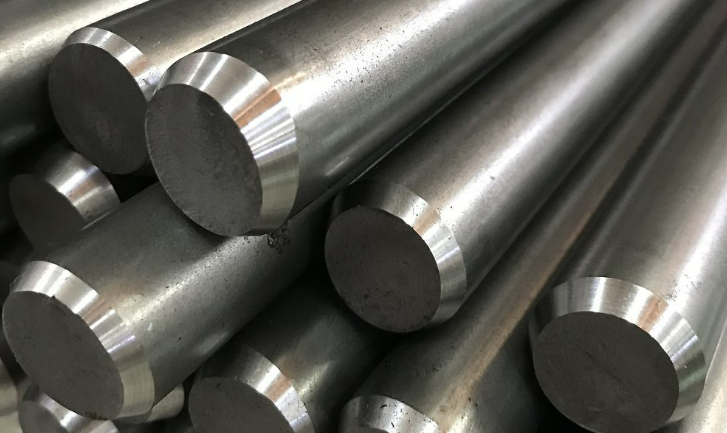Monel 400 stands out as a nickel-copper alloy with exceptional properties that cater to a wide range of industrial applications in the vast field of metallurgy. Its unique composition and physical characteristics have made it a preferred choice for numerous industries, particularly those requiring high corrosion resistance. In this article, we delve deeper into the properties and composition of Monel 400, highlighting its key features and advantages.

The Properties and Composition of Monel 400
Composition of Monel 400
The key components of Monel 400 are nickel and copper, which account for the majority of its composition. Typically, Monel 400 contains approximately 63% to 67% nickel and 28% to 34% copper. This nickel-copper blend provides the alloy with exceptional corrosion resistance, especially in reducing environments. In addition to nickel and copper, Monel 400 may also contain trace amounts of other elements such as iron, manganese, silicon, carbon, and sulfur, which are added to enhance its mechanical properties and workability.
Physical Properties of Monel 400
- Density: Monel 400 has a density of approximately 8.8 g/cm³, which is similar to other nickel-based alloys. This density makes it relatively lightweight yet strong, suitable for applications where weight reduction is a priority.
- Melting Point: The melting point of Monel 400 is around 1300°C to 1350°C, indicating its high thermal stability. This allows Monel 400 to maintain its structural integrity even under extreme temperatures.
- Corrosion Resistance: One of the most remarkable properties of Monel 400 is its excellent corrosion resistance. It is resistant to a wide range of acids, alkalis, salts, and oxidizing agents, making it suitable for use in chemical processing, marine environments, and other corrosive conditions.
- Mechanical Properties: Monel 400 exhibits good tensile strength, yield strength, and ductility. It can be easily formed, welded, and machined into various shapes and sizes.
Chemical Properties of Monel 400
Monel 400’s chemical properties are primarily determined by its nickel-copper composition. Nickel is a highly corrosion-resistant element, while copper enhances the alloy’s strength and ductility. The combination of these two elements results in an alloy that is both strong and corrosion-resistant. Additionally, the trace elements present in Monel 400, such as iron, manganese, and silicon, further enhance its chemical stability and resistance to oxidation.
Applications of Monel 400
Due to its exceptional properties, Monel 400 is widely used in various industries, including:
- Chemical Processing: Monel 400’s high corrosion resistance makes it suitable for use in chemical reactors, distillation columns, and other equipment exposed to harsh chemicals.
- Marine Engineering: Its resistance to seawater corrosion makes Monel 400 a preferred choice for marine applications such as shipbuilding, offshore platforms, and desalination plants.
- Oil and Gas: Monel 400 is used in oil and gas exploration and production equipment due to its ability to withstand harsh environments and corrosive media.
- Food Processing: Its corrosion resistance and hygienic properties make Monel 400 suitable for use in food processing equipment and brewing tanks.
Conclusion
In summary, Monel 400 is a nickel-copper alloy with exceptional properties that cater to a wide range of industrial applications. Its unique composition, physical properties, and chemical stability make it a preferred choice for numerous industries requiring high corrosion resistance and durability.
Thank you for reading our article and we hope it can help you to have a better understanding of the properties and composition of Monel 400. If you are looking for Monel 400 suppliers and manufacturers online now, we would advise you to visit Huaxiao Alloy.
As a leading supplier of Monel alloy from Shanghai China, Huaxiao Alloy offers customers high-quality Monel 400 products at a very competitive price.



